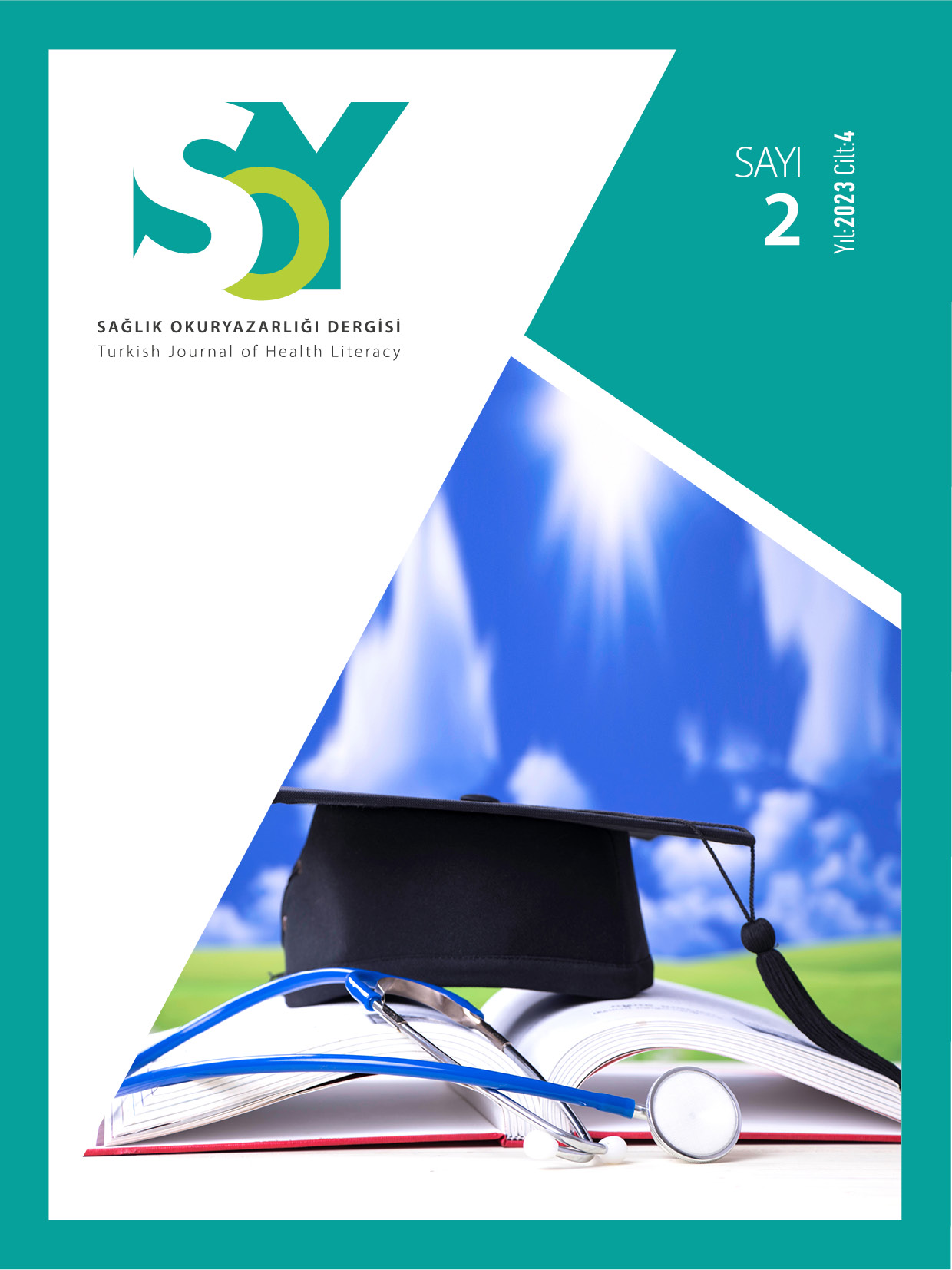Development and Integration of Health Literacy Education with Innovative Methods in Medical Curricula Across Europe-HELEM-EU
HELEM-EU is a three-year project (1/9/2020- 30/8/2023), funded by the European Union ERASMUS+ Program (Higher Education). Project cod:2020-1-TR01-KA203-094329
Keywords:
health literacy, medical education, erasmus projectAbstract
The HELEM-EU project is aimed at developing a health literacy education program for medical education curricula, conducting pilot applications and assessment evaluations, and developing a health literacy education program to be used in medical education across Europe. HELEM-EU is a three-year project (1/9/2020- 30/8/2023), funded by the European Union ERASMUS+ Program (Higher Education). Gazi University is the project coordinator. Project partners are the University of Health Sciences, Hacettepe University, Lokman Hekim University, University of Murcia (Spain), Maastricht University (Netherlands), and IIAPHS (Italy). Health literacy means achieving a level of knowledge, personal skills, and confidence to change lifestyles and living conditions, thereby improving personal and social health, and acting accordingly. Therefore, health literacy is more than being able to read brochures and make appointments. Health literacy is critically important to strengthen health communication by improving people's access to health information and their ability to effectively use the information they obtain. In other words, many issues such as what dose of any drug should be taken, understanding the meaning of test results, blood pressure and sugar measurements, being aware of the risks brought by some habits are covered by health literacy. Regardless of the level of development of countries, it is frequently discussed in the literature that health literacy levels are low worldwide. Therefore, many studies are being conducted to improve health literacy. However, applications generally tend to improve the level of health literacy knowledge of the public. Another important point related to health literacy is the approach to health literacy and health communication in health workers and medical faculty students, which is the main topic of our study. Therefore, increasing the approach of doctors and medical students to health literacy and the level of health communication will significantly contribute to the increase in the general health literacy level of the community and the establishment of effective health communication. The most fundamental way to achieve this is to integrate health literacy education into the medical faculty curriculum and to include courses, including practical lessons, to strengthen health communication. The HELEM-EU project is the first project to be carried out in Europe in terms of integrating "health literacy" into medical education. The target groups of the project include medical educators, administrators, non-governmental organizations, and medical students. In-depth interviews conducted in all stakeholder countries, survey studies, Delphi technique, and other needs assessment results have demonstrated the necessity of integrating the issue of health literacy into medical education. Developing a detailed, evidence-based education program in response to this will greatly contribute to the process of training doctors, and therefore to public health.





